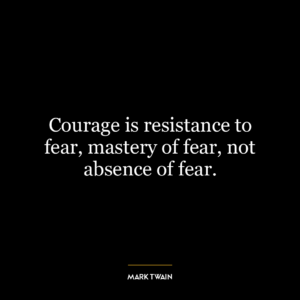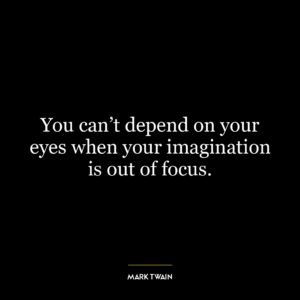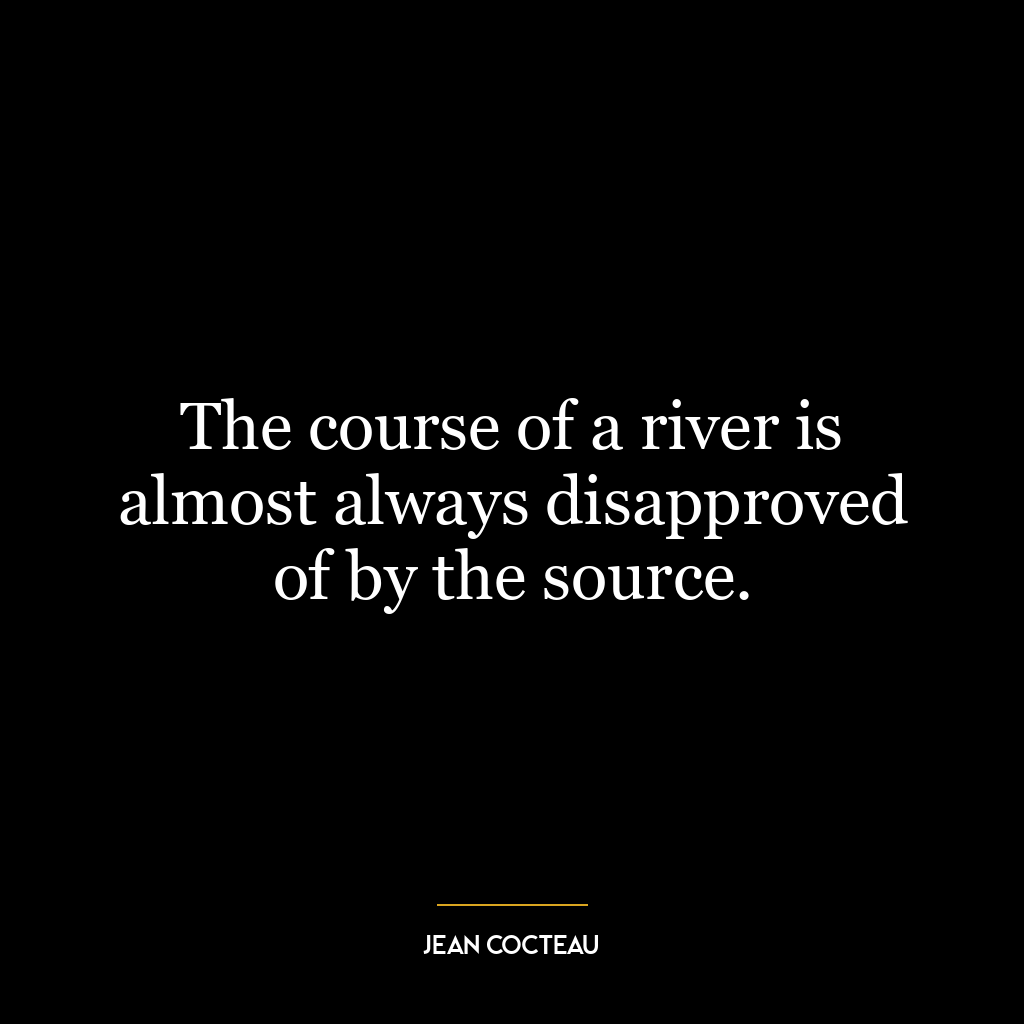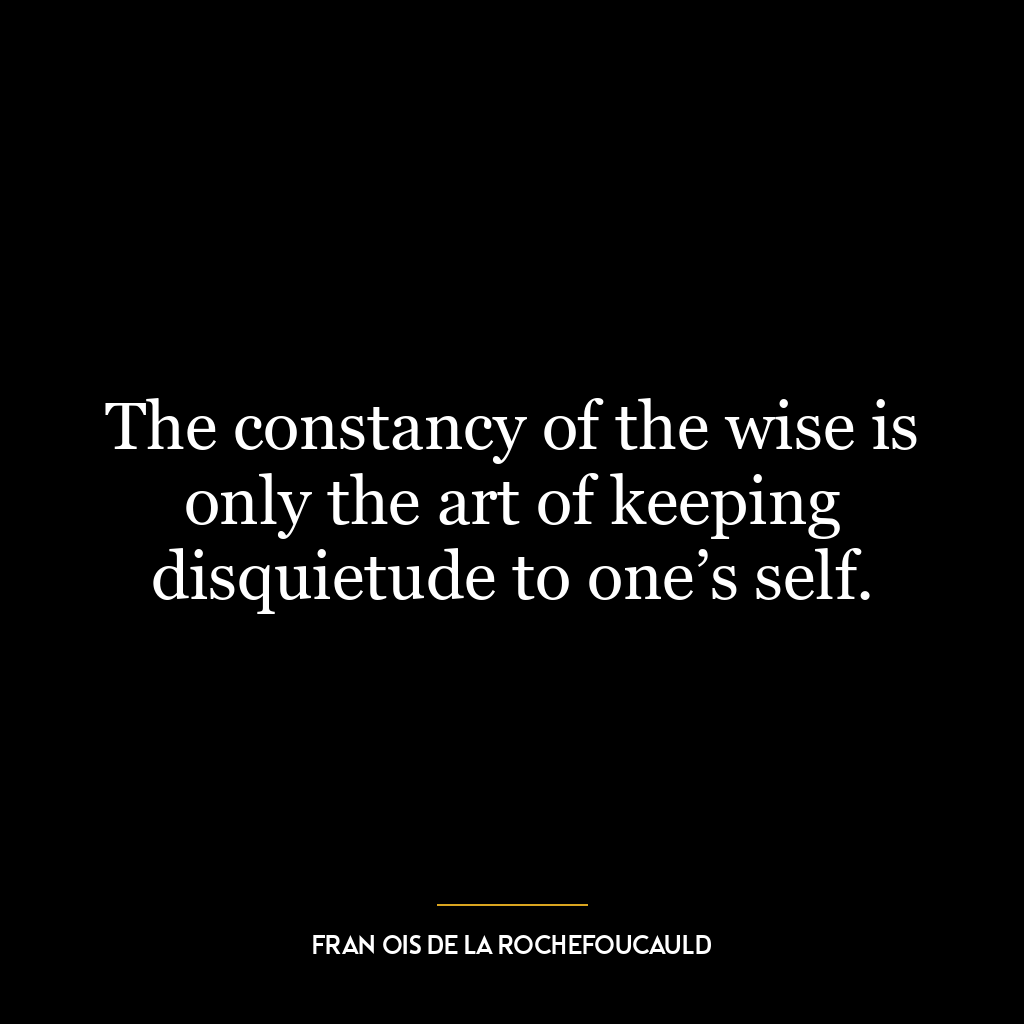He who asks is a fool for five minutes, but he who does not ask remains a fool forever.
This quote is a profound reflection on the importance of curiosity and the pursuit of knowledge. It suggests that asking questions may expose our ignorance temporarily, but choosing not to ask questions leaves us in a permanent state of ignorance. The five minutes of foolishness refers to the short-lived embarrassment or vulnerability one might feel when asking a question, while the lifelong foolishness refers to the enduring ignorance that results from not asking questions.
The quote carries a powerful message: it is better to risk appearing foolish in the pursuit of knowledge than to remain silent and ignorant. This idea encourages humility, curiosity, and the courage to admit when we don’t know something. It underscores the fact that learning is a continuous process and that we should never be too proud or too afraid to ask questions.
In today’s world, this concept is more relevant than ever. In an era where information is abundant and readily available, the ability to ask the right questions is a crucial skill. It is through asking questions that we challenge established ideas, innovate, and make progress. In fields like science, technology, and business, the ability to ask insightful questions can lead to breakthroughs and advancements.
In terms of personal development, this quote encourages us to adopt a growth mindset. It reminds us that it’s okay not to know everything, and that there’s no shame in seeking knowledge. It encourages us to be inquisitive, to challenge our understanding, and to continually learn and grow. It’s a call to value curiosity over pride and knowledge over ignorance. The quote teaches us that the only foolish question is the one that isn’t asked, and the only true foolishness lies in choosing to remain ignorant.










